Trichloroisocyanuric Acid
₦100,000.00
Description
Trichloroisocyanuric acid (TCCA) is a white, crystalline chemical compound with the formula C₃Cl₃N₃O₃. It is a chlorinated derivative of isocyanuric acid and is widely used for its disinfecting, bleaching, and sanitizing properties. TCCA is a strong oxidizing agent and releases chlorine when it comes into contact with water, making it effective in a variety of applications, especially where disinfection and sanitation are required.
### Key Applications of Trichloroisocyanuric Acid
1. **Water Treatment**:
– **Swimming Pools**: TCCA is extensively used as a chlorine source in swimming pool water treatment. It helps in maintaining the chlorine level in the pool, disinfecting the water, and preventing the growth of algae, bacteria, and other microorganisms. TCCA is favored because it releases chlorine slowly, providing long-lasting disinfection.
– **Drinking Water**: In some cases, TCCA is used for disinfecting drinking water, particularly in emergency situations or in regions with limited access to clean water. It helps to kill pathogens and ensure that water is safe for consumption.
2. **Industrial Water Treatment**:
– **Cooling Towers**: TCCA is used in industrial cooling towers and water treatment systems to control the growth of microorganisms, such as bacteria and algae, that can lead to biofouling and reduce the efficiency of the cooling system.
– **Wastewater Treatment**: In wastewater treatment plants, TCCA is employed to disinfect the water before it is released into the environment, helping to reduce the spread of waterborne diseases.
3. **Disinfection and Sanitization**:
– **Sanitizing Surfaces**: TCCA is used in the food processing and hospitality industries to sanitize surfaces, equipment, and utensils. It is effective against a wide range of pathogens, including bacteria, viruses, and fungi, making it suitable for environments where hygiene is critical.
– **Agriculture**: In agriculture, TCCA is used to disinfect irrigation systems, tools, and equipment, as well as to sanitize seeds before planting to reduce the risk of disease transmission.
4. **Bleaching Agent**:
– **Textile Industry**: TCCA is used as a bleaching agent in the textile industry. Its strong oxidizing properties make it effective in removing stains and brightening fabrics without causing significant damage to the material.
– **Pulp and Paper Industry**: It is also used in the bleaching process in the pulp and paper industry, where it helps to achieve the desired whiteness and brightness in paper products.
5. **Chemical Manufacturing**:
– **Intermediate in Chemical Synthesis**: TCCA is used as an intermediate in the synthesis of various organic chemicals, particularly in the production of other chlorinated compounds. Its ability to release chlorine makes it valuable in reactions where controlled chlorination is required.
### Advantages of Using Trichloroisocyanuric Acid
– **Stability**: TCCA is a stable compound with a long shelf life, which makes it easy to store and transport. It does not lose its effectiveness over time, making it a reliable source of chlorine for disinfection purposes.
– **High Chlorine Content**: TCCA contains a high percentage of available chlorine (up to 90%), which means that smaller quantities are needed to achieve the desired disinfection levels compared to other chlorine-releasing agents.
– **Slow-Release**: TCCA releases chlorine slowly when it comes into contact with water, providing a sustained disinfection effect. This makes it particularly useful in applications where continuous disinfection is needed, such as in swimming pools and cooling towers.
### Safety and Handling
– **Toxicity**: TCCA is a strong oxidizer and can be hazardous if not handled properly. It is toxic if ingested and can cause irritation to the skin, eyes, and respiratory system upon exposure. Proper protective equipment, such as gloves, goggles, and masks, should be worn when handling TCCA.
– **Environmental Impact**: While TCCA is effective in disinfection, it can be harmful to the environment, particularly aquatic life, if released in large quantities. It should be used and disposed of according to regulatory guidelines to minimize its environmental impact.
– **Storage**: TCCA should be stored in a cool, dry, and well-ventilated area, away from organic materials, reducing agents, and other incompatible substances. It should be kept in its original container, tightly closed, to prevent moisture absorption and degradation.
### Physical and Chemical Properties
– **Appearance**: TCCA is typically available as white granules, powder, or tablets.
– **Solubility**: It is moderately soluble in water, where it slowly releases chlorine as it dissolves.
– **Melting Point**: TCCA decomposes at temperatures above 225°C, releasing toxic fumes of chlorine and nitrogen oxides.
Trichloroisocyanuric acid is a versatile and powerful chemical used primarily for disinfection, bleaching, and water treatment. Its ability to release chlorine slowly makes it particularly valuable in applications requiring sustained antimicrobial activity. However, due to its toxic and potentially hazardous nature, it must be handled with care to ensure safety and environmental protection.

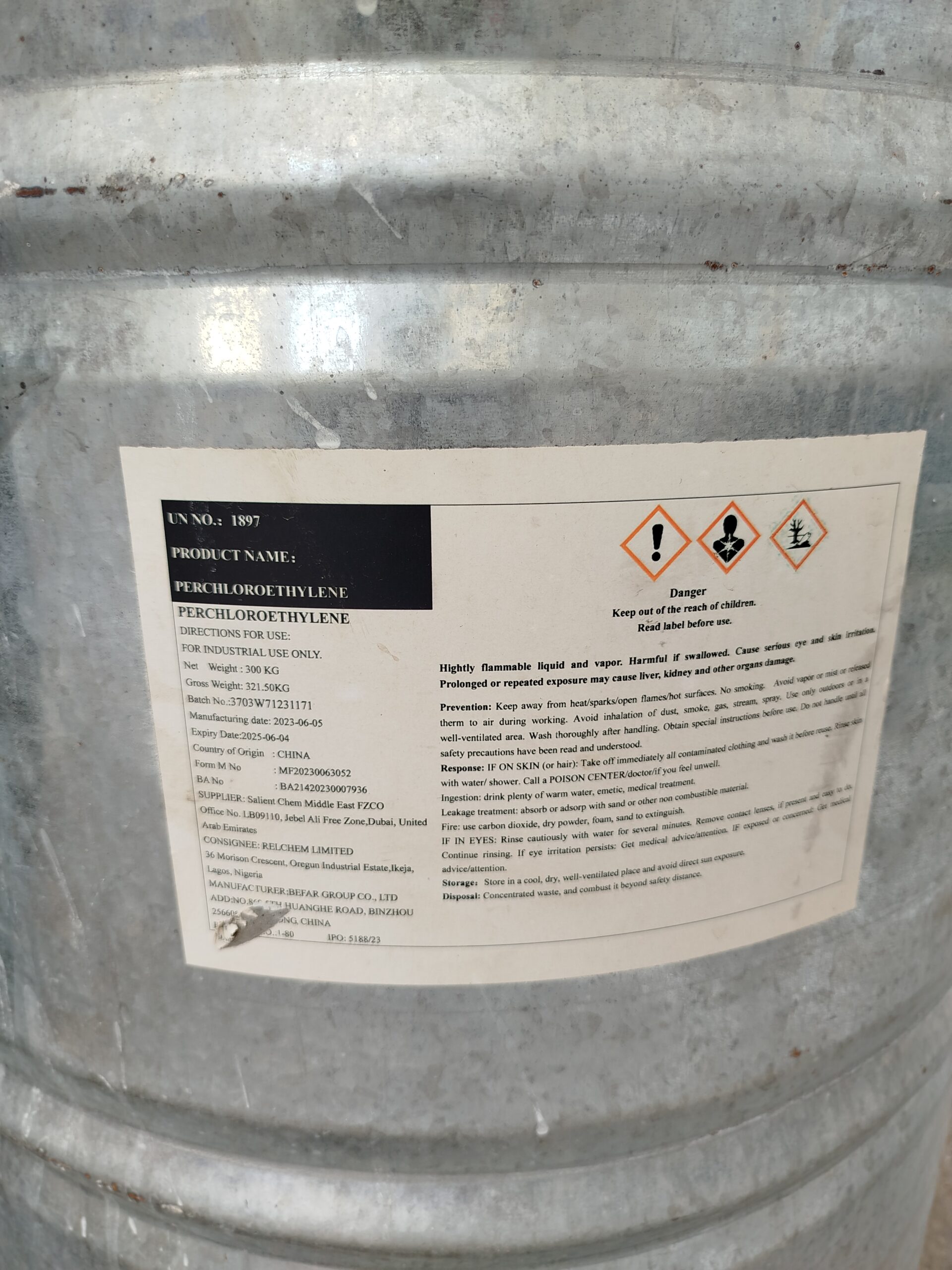
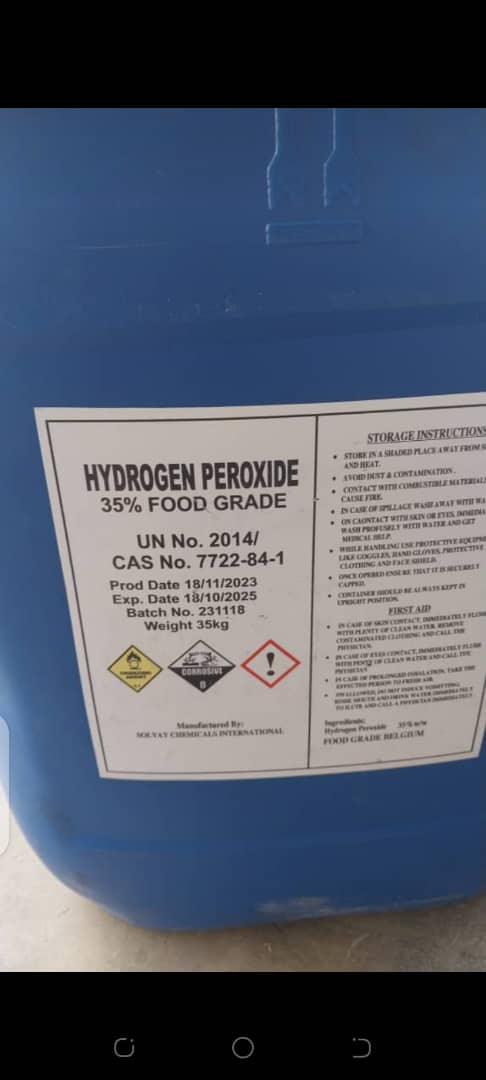
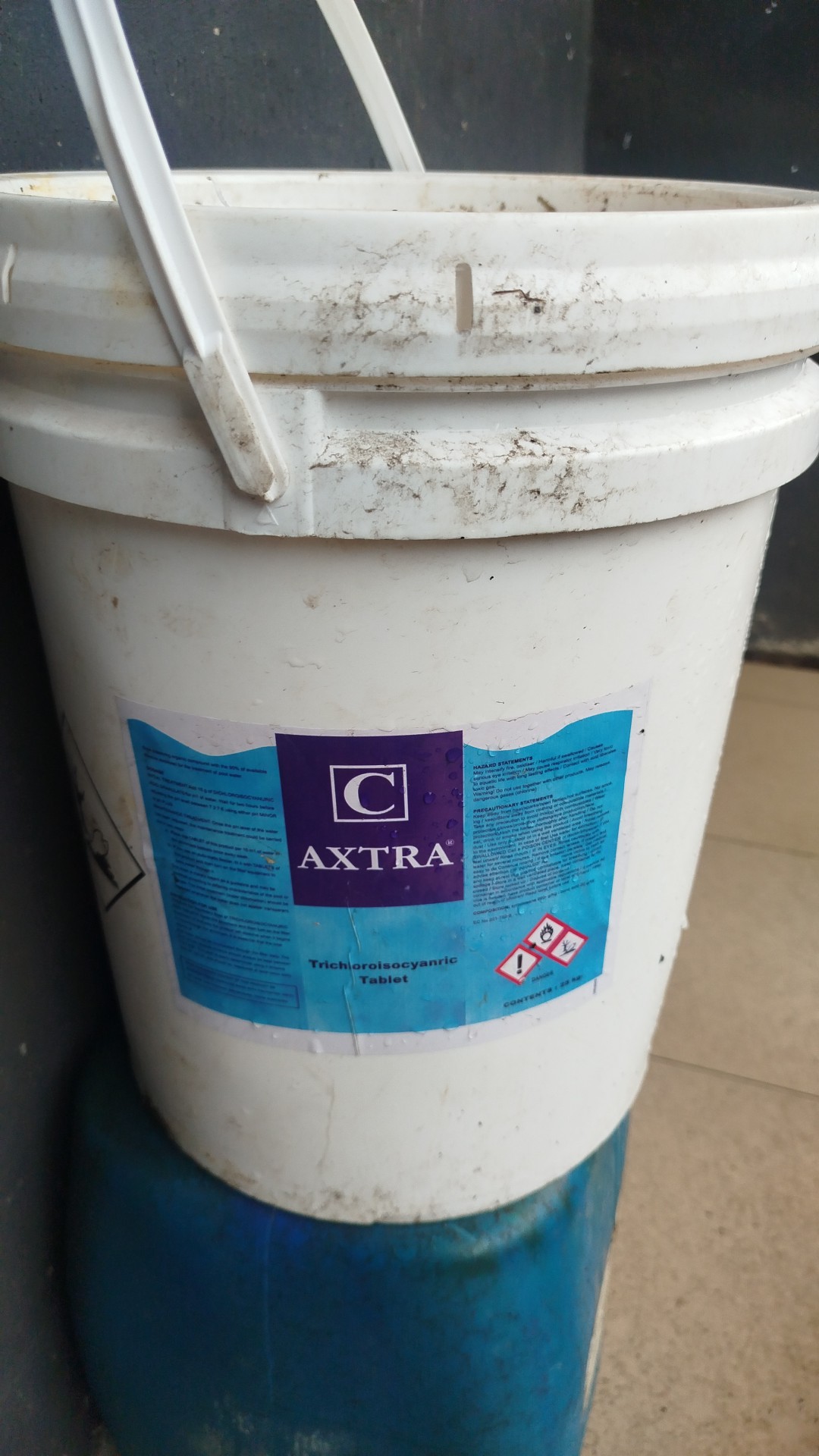
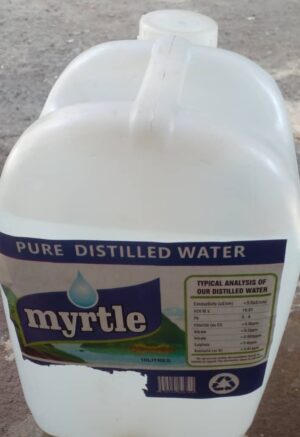
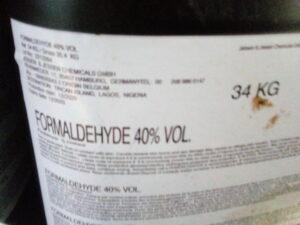
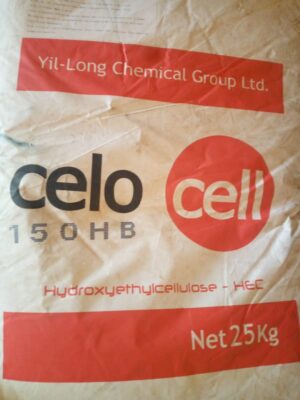
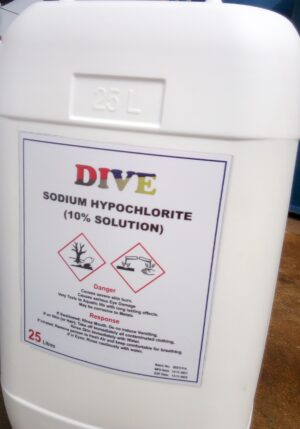
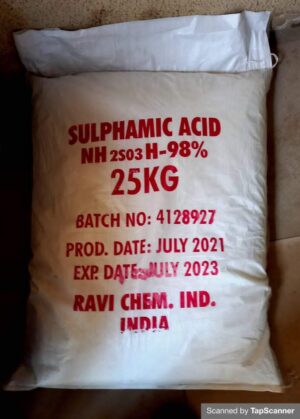
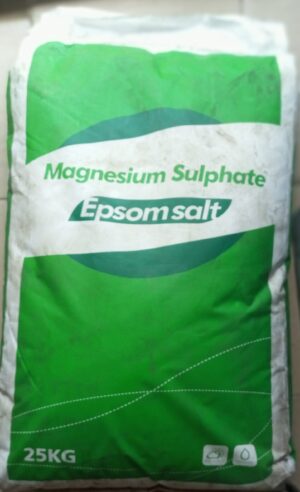
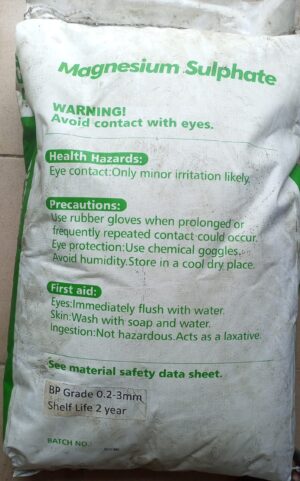
Reviews
There are no reviews yet.